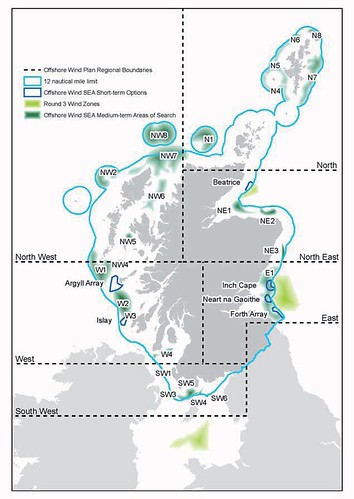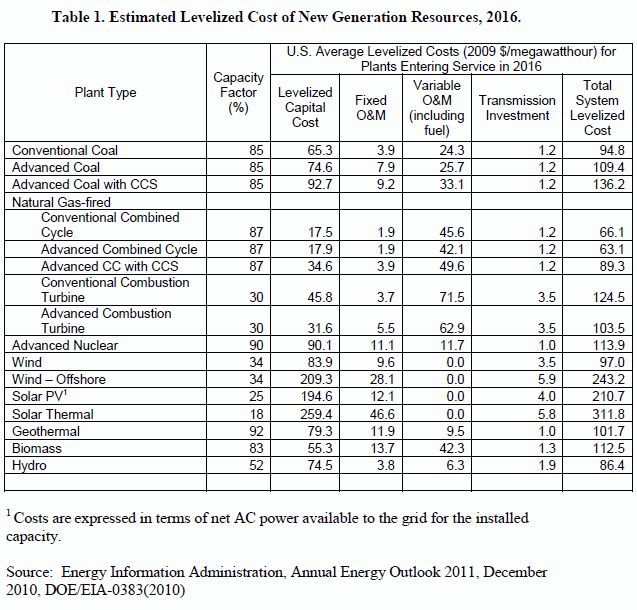Colin McClelland reported for Bloomberg 21 April 2011, U.S. Nuclear Output Falls as Vogtle Reactor in Georgia Shuts
The shutdown was ironically two days after an NRC public meeting “to discuss Plant Vogtle’s annual safety evaluation and assessment.”U.S. nuclear-power output remained near a 4½-year low for a fourth day as the Vogtle 1 reactor in Georgia shut down unexpectedly, the Nuclear Regulatory Commission said.
Power generation nationwide decreased 538 megawatts to 71,781 megawatts from yesterday, or 71 percent of capacity, the smallest amount since Oct. 22, 2006, according to an NRC report today and data compiled by Bloomberg. Twenty-nine of the nation’s 104 reactors were offline.
Southern Co. (SO)’s 1,109-megawatt Vogtle 1 reactor automatically tripped offline yesterday at 5:34 p.m. when it was at full power. The cause is under investigation, the NRC said.
That would be the same location where, according to Tice Brashear back in 18 March 2009: Continue reading








